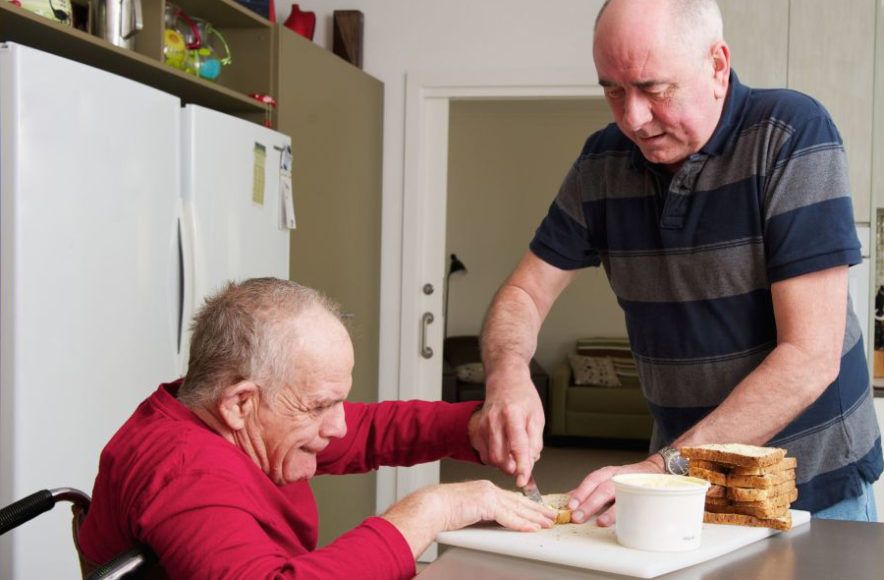General election 2019: party manifestos need to sell social care

Only an alien or expat football star could be oblivious to the defining issue of this election. It’s dominated the agenda since 2016. MPs have been so preoccupied that domestic issues have been abandoned; aspects of life important to voters across the UK have been on hold. Bizarrely the news cycle has actually slowed down since this general election was called. Just another sign of the times we’ve been living in.
Even though most people (including the prime minister) see this as a single issue election, a ‘general election’ has to offer people choices for all the other critical issues. So while the parties launch their manifestos this week, they will have been working hard to remember policy they haven’t spent very much time on recently.
Social care regularly hits the headlines for all the wrong reasons
In the chaos of the past three years one domestic issue that MPs won’t have forgotten is social care. It’s of one of the few issues parliament has given limited time to, and it regularly hits the headlines for all the wrong reasons. Setting aside the elephant in the room, it should be a safe bet the parties will be laying out plans to ‘solve the care crisis’ we keep hearing about.
But it’s not a safe bet. In fact care social care is one of the most complex and politically dangerous problems the next Government will face. It cost the Government its majority at the last election, which led a large part to this election being called. The truth is MPs don’t want to go near the issue, particularly at election time. And whatever assurances to tackle social care are given this week, odds are stacked against the next Government being able to keep its promise.
YouTube Video https://www.youtube.com/watch?v=CN7VXzt29Jw
Failure to tackle the social care crisis
Since 2009 four successive Prime ministers have failed to tackle the issue. Manifesto pledges from three successive elections have not delivered reform. This is actually very rare. Whatever your opinion of British politics the UK has one of the best records for keeping manifesto promises in the world; 88% are implemented.
So what’s going on with social care to make it buck this trend? What’s keeping it on the agenda during the most turbulent times since World War Two? And why does it have the potential to lose rather than win the election?
It’s all about perception.
Many people don’t know how social care works. They think it’s funded by the NHS and similarly free at point of contact regardless of need, not the reality of limited provision commissioned by local authorities which struggle to pay for rising demand. What the electorate does know is based on consistent headlines about a growing crisis, billions needed to fix it and how in the end it will be them who pays for it; somehow… Perception of social care is based on this negative story.
While the NHS is universally loved and people are happy to pay for it, social care is a hard sell, badly in need of a good PR agency. MPs don’t know how to break the news to voters that they have to pay a lot of money for a good new care system. In ten years the specifics of this have been so dangerous, particularly at election time that successive Governments have just postponed reform; most recently by the current PM, roughly one month after he promised a plan to fix it.
The value of social care
MPs need to change this narrative. Manifestos should set out the value of social care not only in financial terms – but its worth in terms of the difference it makes to communities. If they can paint a picture of the great work already being done at the centre of local communities across the country and the possibility of this to become the norm, the electorate could be convinced this is something worth paying for.
One thing broadly agreed across the political spectrum is that social care should be joined up with NHS services with local teams delivering health and care together. If this is properly explained in this week’s manifestos, the electorate might understand that a bit more taken from their pay check would be an investment. In this scenario the next Government might summon up the courage to bring in a health and care system they can brag about the next time there’s an election.